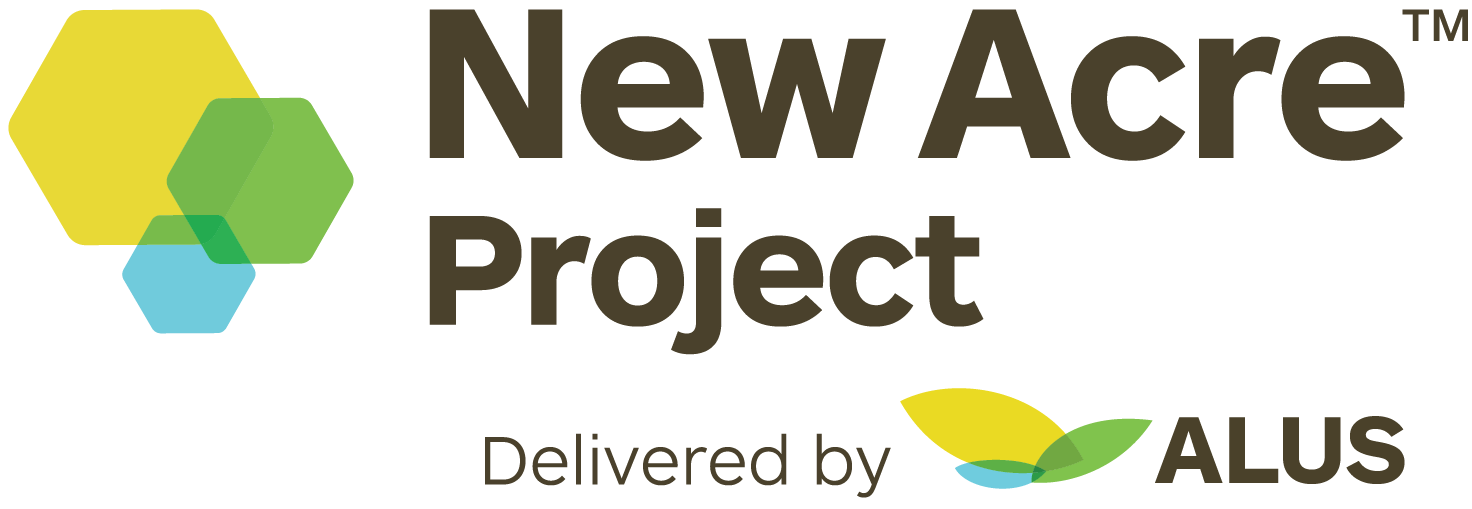Rancher-led Efforts to Address Climate Change Through Regenerative Grazing With A&W Canada and Cargill
A&W Canada and Cargill have collaborated to create Grazing Forward, a program which will impact more than 6,000 acres and engage ranchers in 20 communities.
August 4, 2021 /3BL Media/ - Climate change is often considered the greatest collective challenge we face. While at times overlooked, agriculture offers one solution to address this challenge—the way we produce food can be a powerful lever against the impacts of climate change. For almost two decades, ALUS has seen the crucial role beef ranchers and their cattle play to not only address climate change, but also improve Canadian ecosystems and communities.
Recognizing this potential, A&W Canada and Cargill have collaborated to create Grazing Forward, to support ALUS and expand its New Acre™ Project, which helps farmers and ranchers accelerate agricultural practices to promote healthy grasslands, improve wetlands, create wildlife habitat and protect species.
Through Grazing Forward, ALUS will take a hands-on, local approach, working with interested Canadian beef ranchers to plan and implement practices that contribute to environmental outcomes, including improved soil health and water quality, increased biodiversity and plant growth. Grazing Forward will impact more than 6,000 acres and engage ranchers in 20 communities, extending the New Acre Project’s current reach by 233%.
“The ALUS program helps us implement our vision for the future of beef. With new approaches to ranching, we can run an eco-conscious, quality-driven operation using an Angus-based cow herd, advanced grazing management techniques, a superior herd health program and a kinship with the land we operate on,” says Sean McGrath, fifth-generation family farmer with Round Rock Ranching.
Highlights of the collaboration include:
- A&W Canada and Cargill will together provide $1.8M CAD ($1.5M USD) to support ranchers in Alberta, Saskatchewan and Manitoba, Canada as they continue to scale regenerative agriculture practices that capture carbon dioxide, in addition to supporting the long-term sustainability of ecosystems communities.
- The project is expected to sequester up to 12,578 MT greenhouse gas emissions per year, equivalent to more than 51 million kilometres (31 million miles) driven by the average passenger vehicle, according to the EPA.
- Supporting the long-term success of the land, participants and local communities is critical for the program.
- Through Grazing Forward, local engagement guides local impact.
For more information on Grazing Forward, visit newacre.org.
About ALUS
Community-developed and farmer-delivered, ALUS (originally an acronym for Alternative Land Use Services) is a charitable organization that sustains agriculture and biodiversity for the benefit of communities and future generations. ALUS provides direct financial and technical support to a network of farmers and ranchers who deliver ecosystem services in their communities, such as cleaner air, cleaner water, carbon sequestration, erosion control, flood mitigation, pollinator support and wildlife habitat. ALUS’ New Acre Project helps corporations exceed sustainability objectives by supporting farmers and ranchers to build nature on their land. Learn more at newacre.org and alus.ca.




